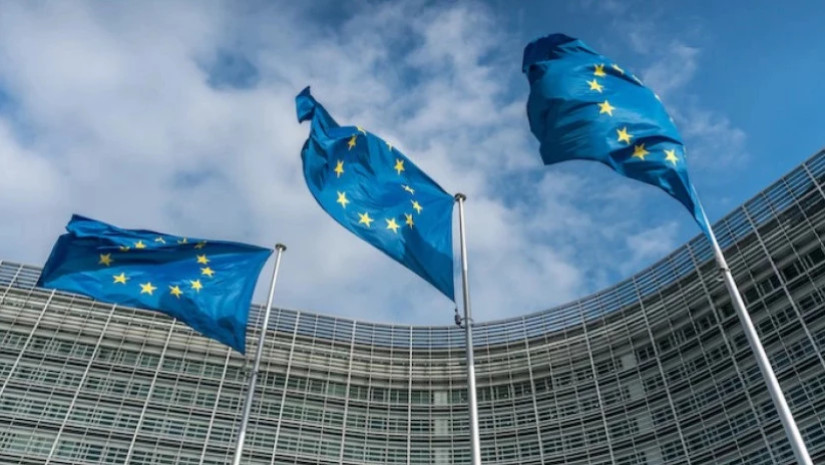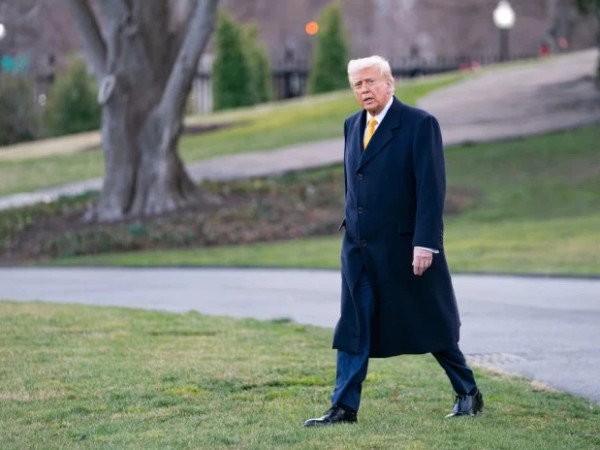The European Union will soon have new powers to gradually restrict and ultimately ban the flow of Russian gas across the continent within the next three years as part of an unprecedented push against reliance on Moscow.
A draft document, seen by POLITICO ahead of its publication, pledges to remove "the Union's exposure to the significant risks for trade and security, resulting from gas trade with the Russian Federation by laying down a stepwise prohibition of imports of natural gas," and to “introduce rules to effectively implement and monitor that prohibition."
From Jan. 1, 2026, the import of natural gas via pipelines or as seaborne liquefied natural gas will be prohibited, except in specific circumstances, which would include short-term contracts struck prior to June 17, 2026. Exceptions are also built into the text for landlocked countries that have struck long-term agreements with Moscow. The terms of the text also leave open the possibility that some European firms could continue importing Russian gas under long-term contracts until Jan. 1, 2028.
In an unprecedented move, gas that arrives in the EU via Russia, such as through interconnection points through Serbia, will be considered Russian gas unless it has clear documentation demonstrating it has originated elsewhere. Countries will also have to publish new "diversification plans" showing how they will end reliance on both Russian oil and gas.


















